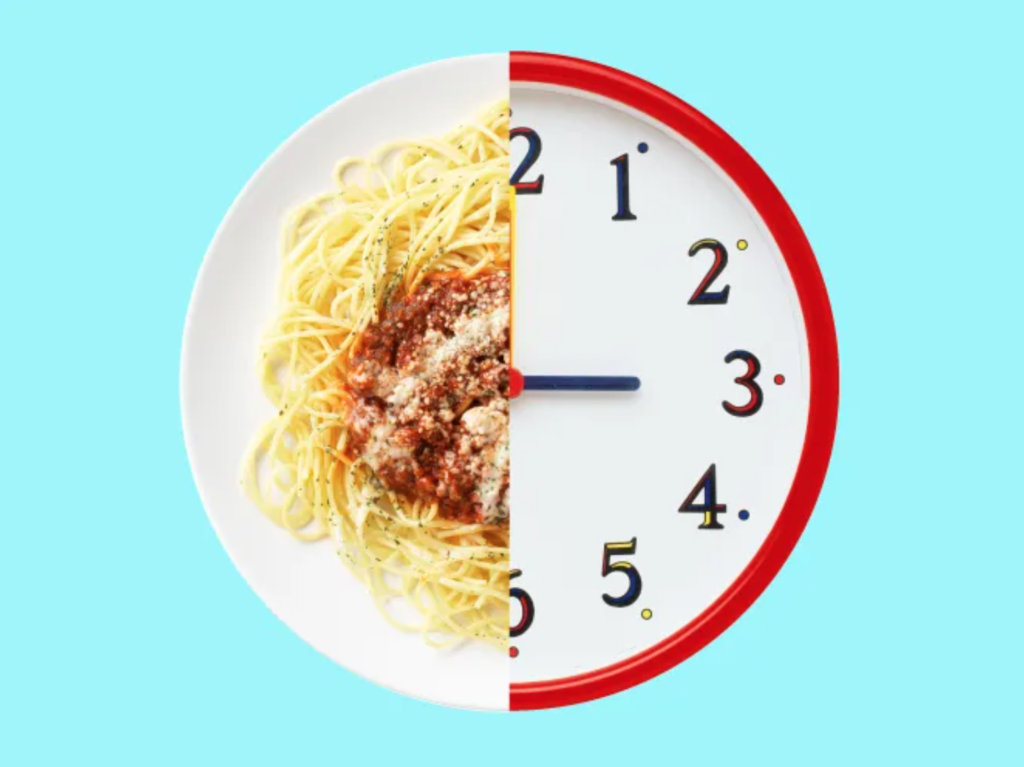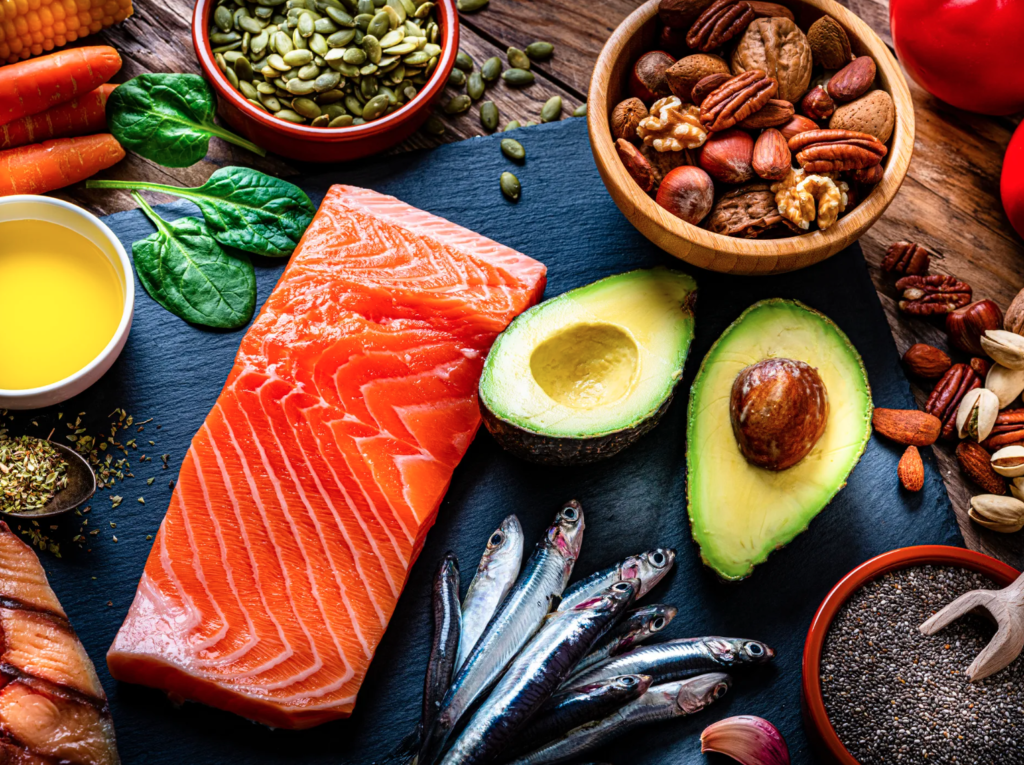Are You Unknowingly Restricting Your Diet?

We often find ourselves unconsciously adopting food rules or restrictions without realising it. These self-imposed dietary guidelines can influence our eating habits, sometimes in detrimental ways. It’s essential to recognise and reflect on these hidden food rules to ensure they align with our true nutritional needs and overall well-being.
Here are some common unconscious diet food rules that people may unknowingly follow:
Avoiding Carbs After a Certain Time
Many individuals unintentionally restrict their carbohydrate intake in the evening, thinking that eating carbs after a certain time will lead to weight gain. While it’s true that excessive late-night snacking can be problematic, healthy carbohydrates like whole grains and vegetables can still be part of a balanced evening meal.
Skipping Meals to Save Calories
Skipping meals, particularly breakfast, is a common subconscious food rule. People often believe that cutting out a meal will help them consume fewer calories. However, this can lead to overeating later in the day and wreak havoc on metabolism and energy levels.
Limiting Fruit Due to Sugar Content
Some individuals unknowingly restrict fruit intake because they’re concerned about sugar content. While it’s essential to manage added sugar intake, the natural sugars in fruits come with a wealth of vitamins, minerals, and fibre that make them a healthy choice.
Dieting on Weekdays and Indulging on Weekends
This is a pattern where people restrict their diet strictly during the workweek and indulge in unhealthy foods over the weekend. The yo-yo effect can lead to weight fluctuations and an unhealthy relationship with food.
Avoiding Fat
The low-fat diet trend has left many unconsciously avoiding fat in their diets. While it’s crucial to limit saturated and trans fats, healthy fats like those found in avocados, nuts, and olive oil are essential for overall health.
Restricting Food Groups
Eliminating entire food groups like dairy, gluten, or meat can be unintentional food rules. While some people may have medical reasons for doing so, it’s vital to ensure that you’re still getting all the necessary nutrients. Removing large food groups, when you’re not medically advised to, could cause a negative impact on your health.
Overly Rigid Portion Control
Being overly strict with portion sizes can lead to constant feelings of hunger and deprivation. It’s essential to listen to your body’s hunger cues and adjust portion sizes accordingly.
Ignoring Hunger Cues
Many people unintentionally ignore their body’s hunger signals, thinking they should eat on a rigid schedule instead. This can lead to overeating when you’re not genuinely hungry and not eating when you are.
Avoiding “Bad” Foods
Labelling certain foods as ‘bad‘ can lead to unconscious avoidance. While some foods are less nutritious, enjoying them occasionally is perfectly fine in a balanced diet.
Recognizing these unconscious food rules is the first step toward adopting a healthier, more flexible relationship with food. Instead of unconsciously following these restrictions, focus on balanced nutrition, mindful eating, and a more intuitive approach to your diet.
Understanding your body’s unique needs and preferences and listening to hunger and fullness cues can help you break free from these hidden food rules. The key is to nourish your body while enjoying your food without unnecessary “rules”.








